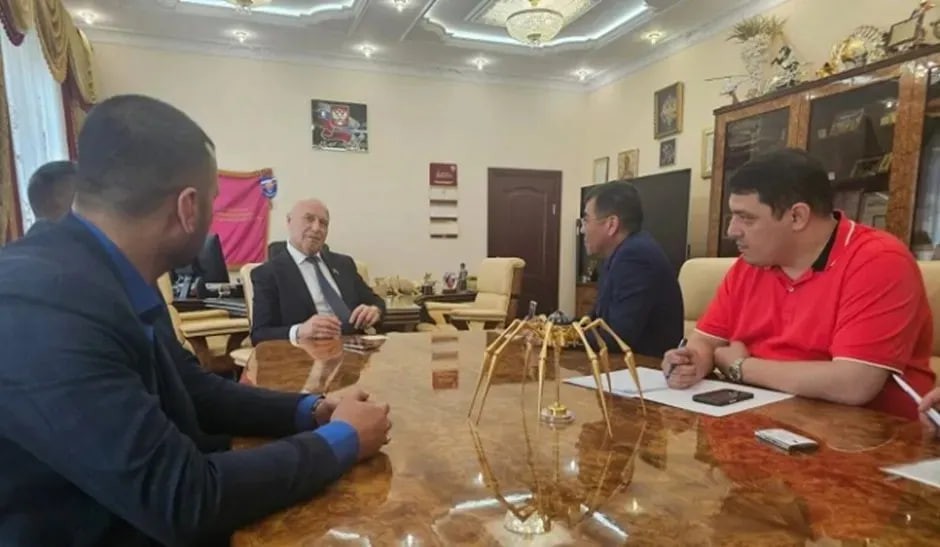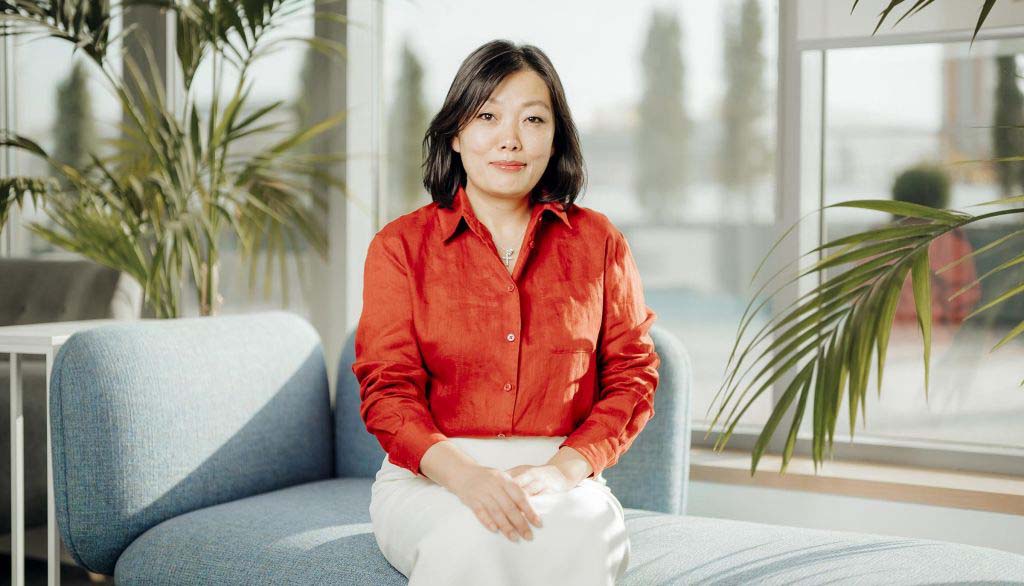Cooperation between Tatarstan and Uzbekistan continues to deepen, covering an increasingly wide range of areas — from trade to science and education. This was announced by Chairman of the State Council of the Republic of Tatarstan Farid Mukhametshin during the ceremony of awarding diplomas to the first international graduate of the joint educational program of Kazan State Medical University and Tashkent Medical Academy.
Mukhametshin noted that deep historical and cultural ties between peoples form a stable basis for partnership relations. According to him, about 40 thousand citizens of Uzbekistan now live and work in Tatarstan, organically integrating into the multinational structure of the region. Representatives of 175 nationalities co-exist in the republic, each of which preserves and develops its own cultural identity.
The Tatar diaspora in Uzbekistan, numbering over 320,000 people and the largest outside of Russia, remains a significant factor in interaction. According to the Speaker of the Parliament, representatives of this diaspora have historically played an important role in the development of public thought, education and culture in Uzbekistan, and continue to actively participate in strengthening humanitarian ties.
Economic cooperation is also showing positive dynamics. In 2024, the trade turnover between Tatarstan and Uzbekistan amounted to 376 million US dollars. Uzbekistan is consistently among the leading countries in terms of the number of migrant workers in Tatarstan, which also contributes to the deepening of bilateral ties.
Farid Mukhametshin emphasized the importance of diplomatic and institutional infrastructure that ensures the sustainability of cooperation. He stressed the significant role of the Consulate General of Uzbekistan in Kazan, as well as the activity of the national and cultural autonomy of Uzbeks, which is part of the Assembly of Peoples of Tatarstan.
Special value is attached to inter-parliamentary cooperation, scientific cooperation and academic exchanges. These areas are considered as a long-term resource for the formation of a new architecture of bilateral partnership focused on the development of human capital and a joint technological future.











